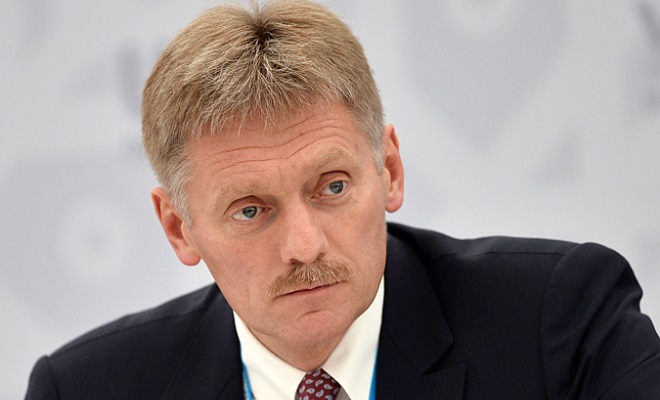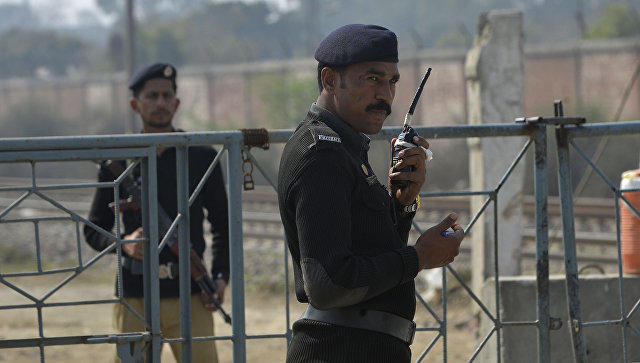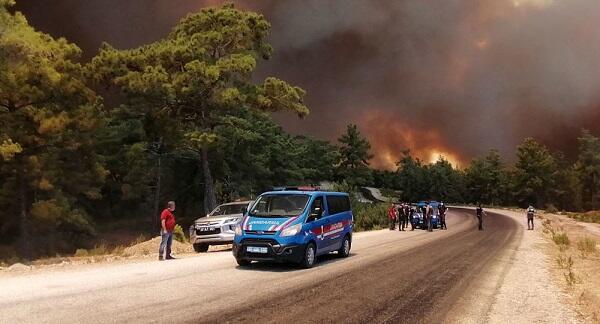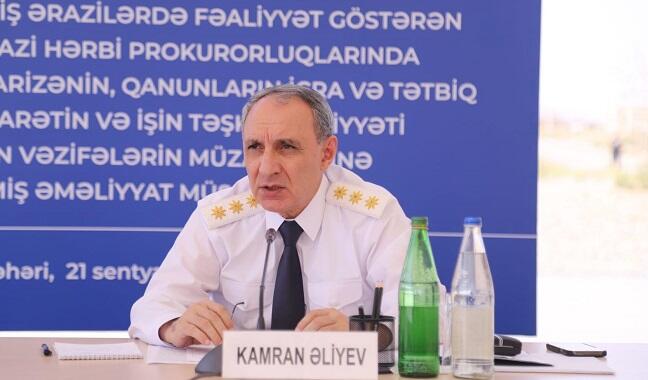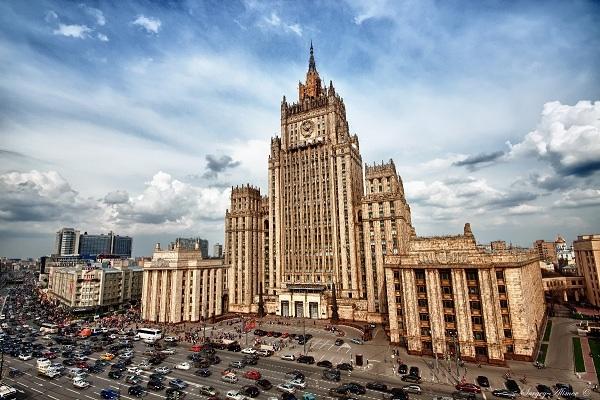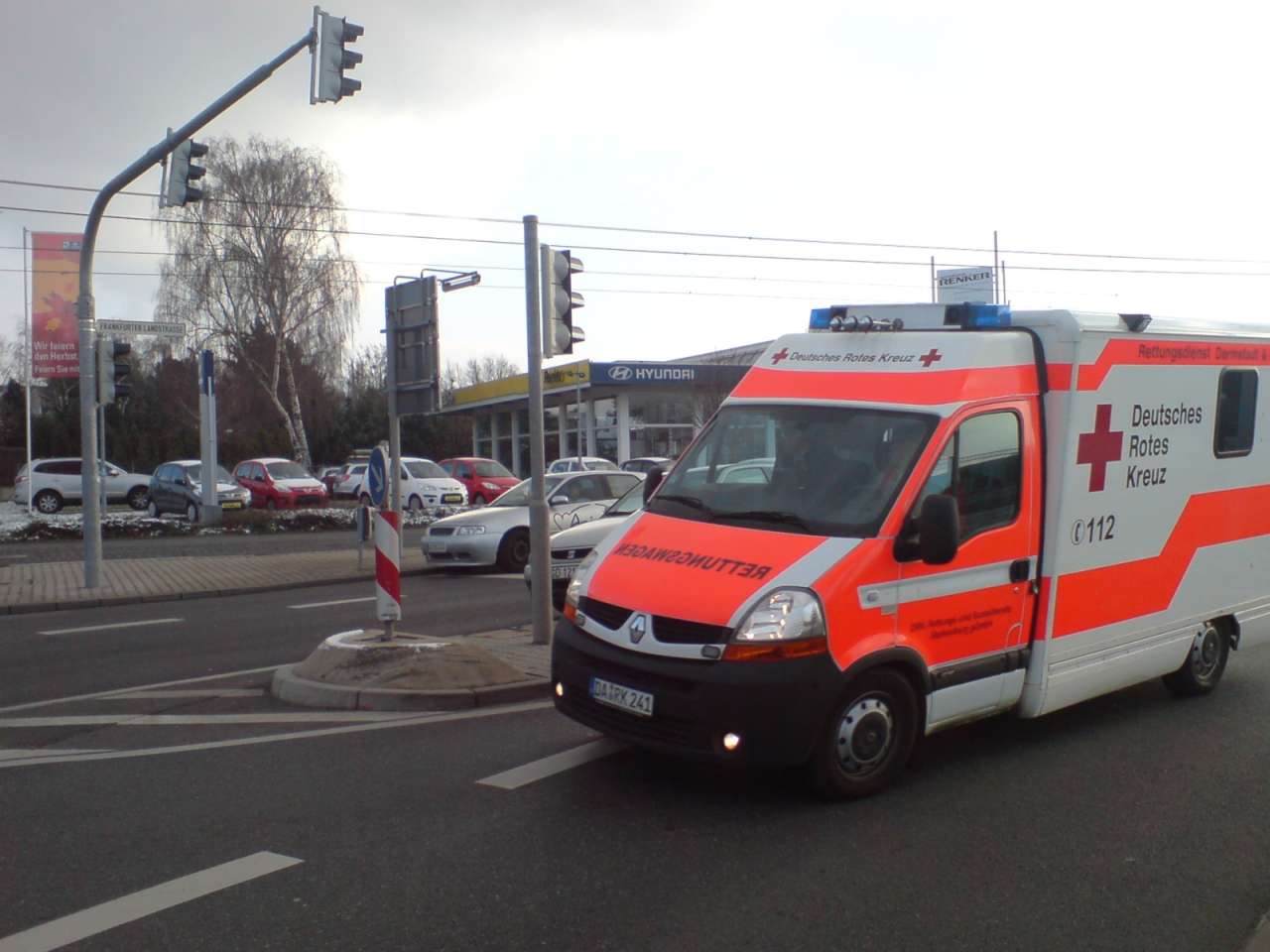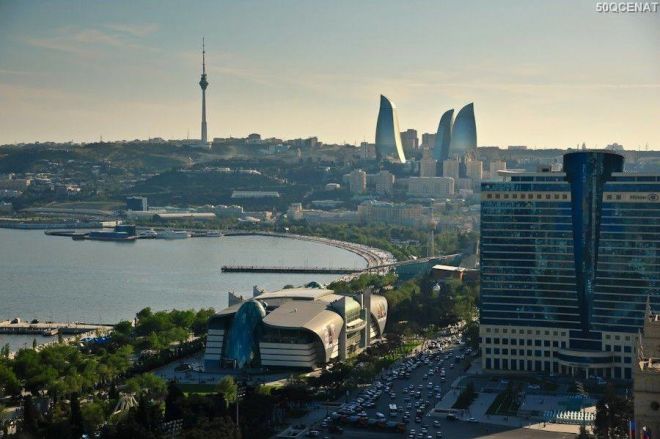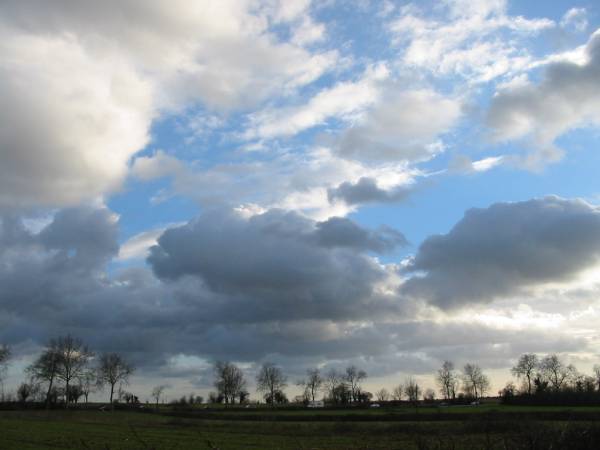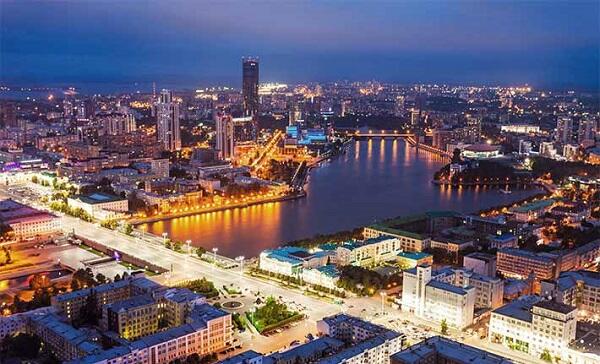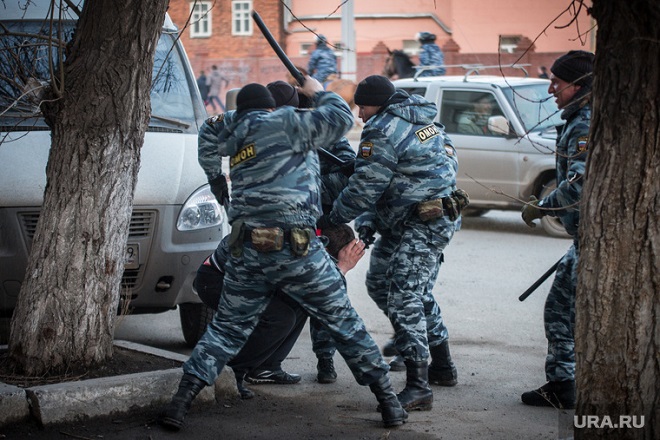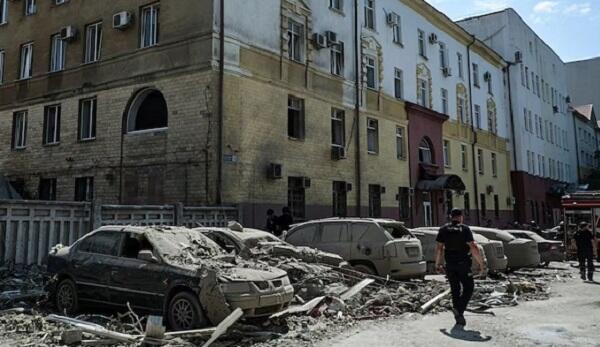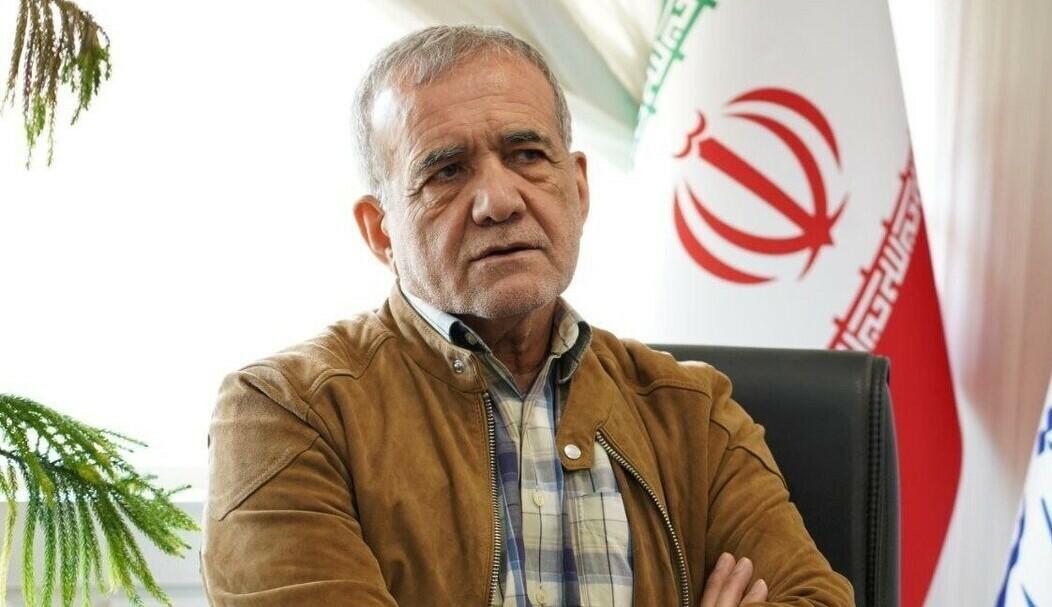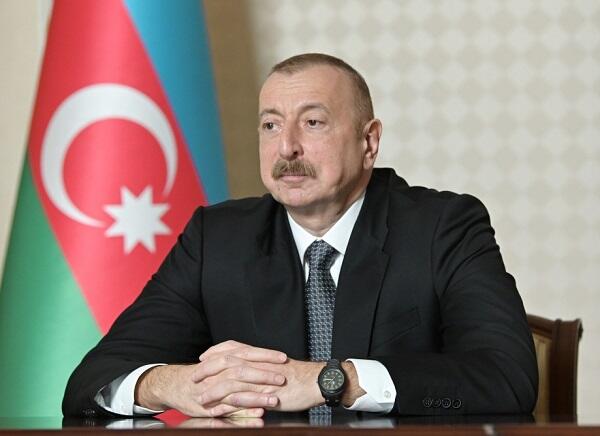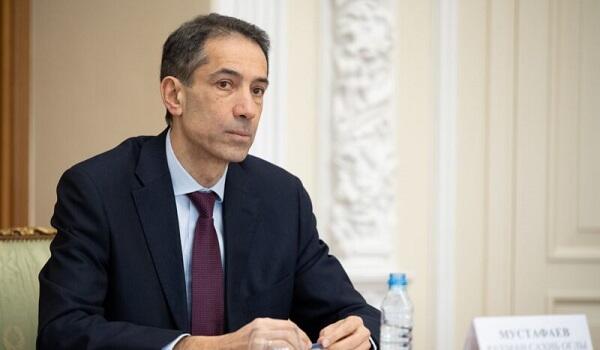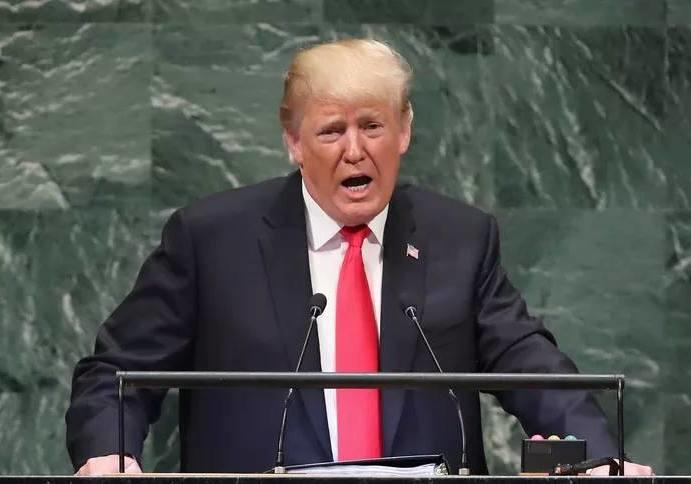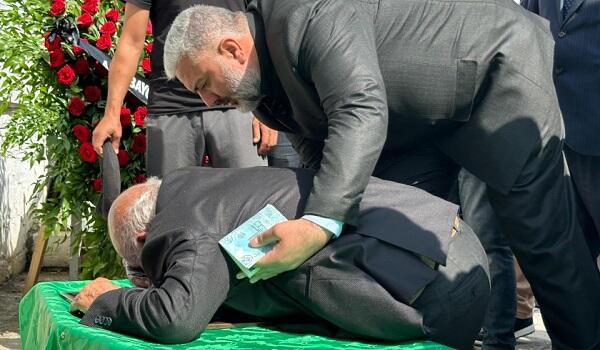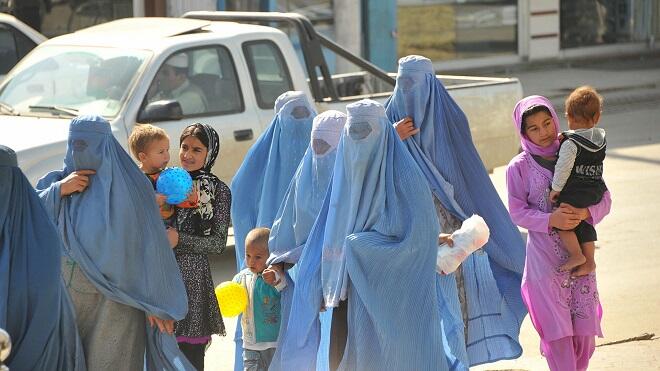Kabul could become the first modern city to completely run out of water, experts have warned.
Axar.az informs, citing the Guardian, water levels within Kabul’s aquifers have dropped by up to 30 metres over the past decade owing to rapid urbanisation and climate breakdown, according to a report by the NGO Mercy Corps.
Meanwhile, almost half of the city’s boreholes – the primary source of drinking water for Kabul residents – have dried out. Water extraction currently exceeds the natural recharge rate by 44m cubic metres each year.
If these trends continue, all of Kabul’s aquifers will run dry as early as 2030, posing an existential threat to the city’s seven million inhabitants.
“There should be a committed effort to document this better and to draw international attention to the need to address the crisis,” said Mercy Corps Afghanistan country director, Dayne Curry. “No water means people leave their communities, so for the international community to not address the water needs of Afghanistan will only result in more migration and more hardship for the Afghan people.”
The report also highlights water contamination as another widespread challenge. Up to 80% of Kabul’s groundwater is deemed unsafe, with high levels of sewage, salinity and arsenic.
Water access has become a daily battle for people in Kabul. Some households spend up to 30% of their income on water, and more than two-thirds have incurred water-related debt.
